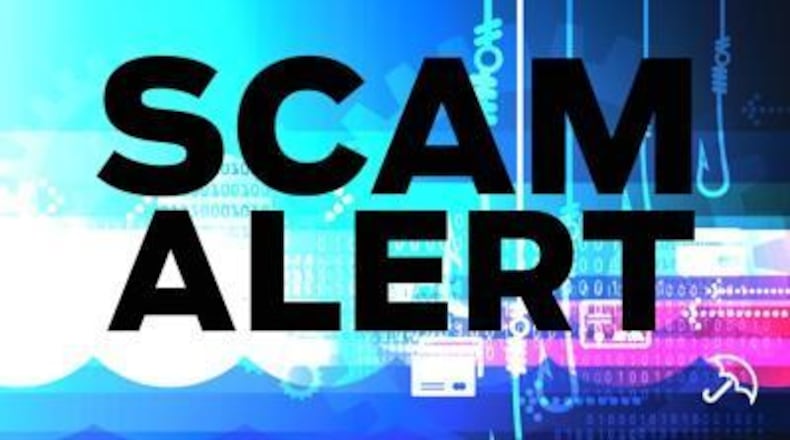>> Coronavirus: Complete Coverage
Yost offered the following tips to avoid being scammed out of your money:
• Know that you don’t have to sign up for anything to get a stimulus payment. For most people, the IRS will use information from previous tax returns to determine the payment you receive.
• Be aware of scams saying you have to pay money to get the stimulus payment. The government will not ask for payment upfront.
• Do not give information for an instant payment or a “processing fee” to receive a quicker payment. Direct deposit payments could go out in the next three weeks, but it could take longer, especially for people getting a paper check, according to the government.
>> Automakers pivot to battle against COVID-19
• Don’t click on links or download attachments from unverified sources. Doing so could download malware that steals your personal information or locks your computer up until you pay a ransom.
• Do not give any PayPal information. A PayPal account is not needed to access payment. The government also will not call asking for Social Security or bank account numbers. All payments will be through direct deposit or via paper check.
• Be aware of scams with checks for an odd amount, such as $1,499.50, or that states that you need to verify the check online or over the phone.
• You should get a notice in the mail a few weeks after the stimulus payment is sent, letting you know where it was sent and when. If you can’t find the payment at the point, call the IRS.
>> Dayton hotel sends a symbol of love to the community
Under the stimulus plan, the following payments are available:
• $1,200 to an individual making less than $75,000.
•$2,4000 to a married couple filing jointly and making less than $150,000 combined.
• An additional $500 per qualifying child younger than 17.
About the Author
